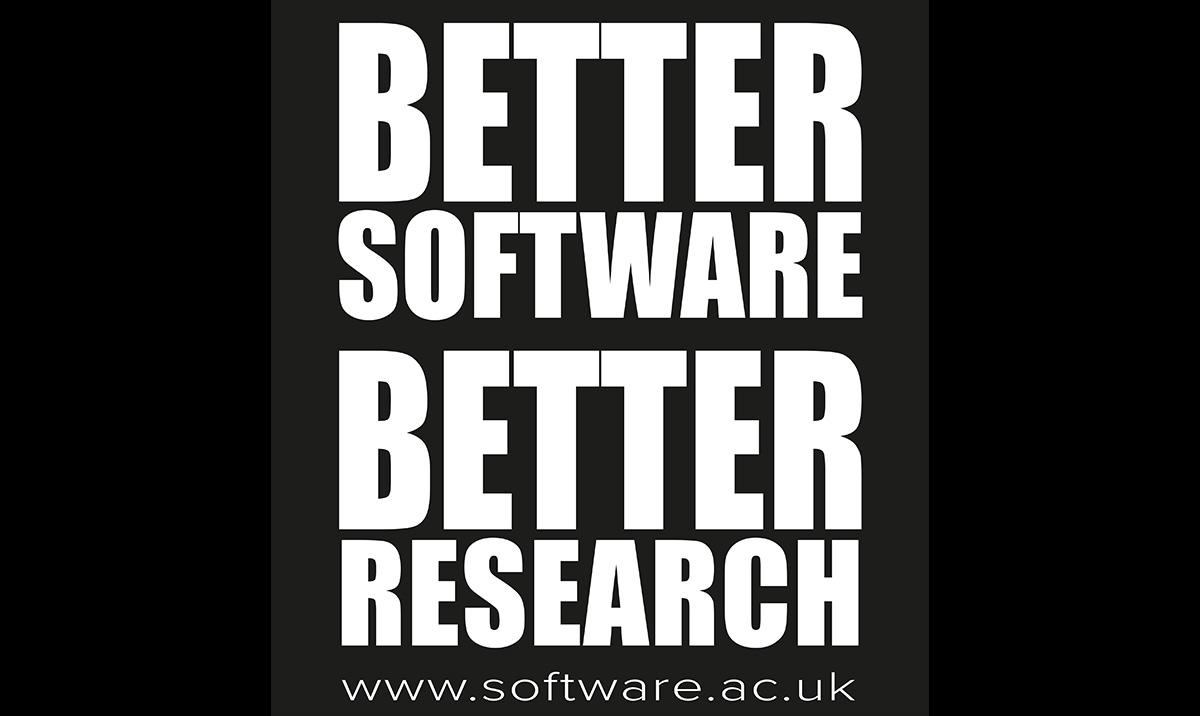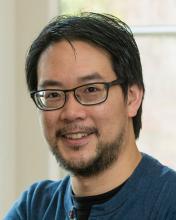Software Sustainability Institute
The Software Sustainability Institute (SSI) is a leading international authority on research software sustainability, working with researchers, funders, software engineers, managers, and other stakeholders across the research spectrum.

Since 2010, the SSI has facilitated the advancement of software in research by cultivating better, more sustainable, research software to enable world-class research (“Better software, better research”). In 2018, SSI Phase 3 was awarded £7.5 million funding from all seven UKRI research councils. Our mission is to become the world-leading hub for research software practice. The SSI has been awarded a total of £17 million so far.
Based at the Universities of Edinburgh, Manchester, Oxford and Southampton, the SSI draws on a team of experts with a breadth of experience in software development, project and programme management, research facilitation, publicity and community engagement. We support a cross-disciplinary network of 160+ Fellows, who are advocates for research software best practices. The SSI coined the term and campaigned for Research Software Engineers (RSEs). We helped create the RSE Association and, in 2019, the Society of Research Software Engineers. We have worked on 60+ successful research software projects across the UK and trained over 4,000 researchers in essential software and data skills through our partnership with The Carpentries.
For more information and for ways to become involved, see our website: https://www.software.ac.uk
Project details
Project partners
EPCC is a founding partner, along with the Department of Computer Science (University of Manchester), Oxford e-Research Centre (University of Oxford), and the Electronics and Computer Science (University of Southampton). The full list of partners is available on the Institute's website.

